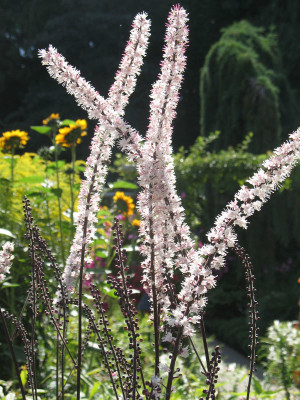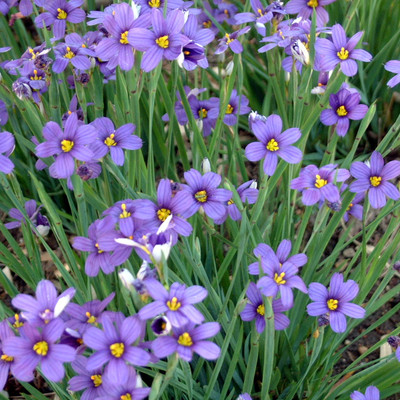
Black Eyed Susan
- Bulk Pricing:
- Click Here for Bulk Savings
- Buy 5 - 10 and pay only $6.99 each
- Buy 11 - 25 and pay only $5.99 each
- Buy 26 - 50 and pay only $5.29 each
Bulk discount rates
Below are the available bulk discount rates for each individual item when you purchase a certain amount
More From The Collection
Product Description
Black Eyed Susan - Rudbeckia Hirta
Black-eyed Susan (Rudbeckia hirta), a vibrant and resilient wildflower, graces gardens and natural landscapes with its golden-yellow petals and distinctive dark central cones. This North American native plant belongs to the Asteraceae family and has become a favorite among gardeners for its easy cultivation, striking appearance, and ability to attract pollinators.
The Black-eyed Susan plant is native to North America and can be found in various environments, from woodlands to open fields. Its name is derived from the contrasting dark brown or black central cone surrounded by brilliant yellow petals. The flower usually blooms from midsummer through early fall, creating a burst of color in gardens when other plants may be winding down.
Black-eyed Susans are generally herbaceous perennials, but some varieties can be biennials. They typically grow to 2 to 3 feet, with sturdy stems supporting multiple blooms. The lance-shaped leaves are coarse and hairy, adding an interesting texture to the plant.
What is the best way to care for Black-Eyed Susans?
One of the appealing aspects of Black-eyed Susans is their adaptability and low maintenance. Here are some key tips for cultivating and caring for these delightful flowers:
- Sunlight and Soil:
- Black-eyed Susans thrive in full sun but can tolerate partial shade. They prefer well-draining soil and are not particularly picky about soil type, making them suitable for various garden settings.
- Watering:
- While these plants are drought-tolerant once established, regular watering is essential during dry periods, especially for optimal flower production. Water at the base of the plant to avoid wetting the foliage.
- Pruning and Deadheading:
- Deadhead spent flowers consistantly to encourage prolonged blooming. Additionally, pruning the plants in late spring or early summer can help control their height and promote bushier growth.
- Fertilization:
- Black-eyed Susans generally don't require heavy fertilization. Applying a balanced, all-purpose fertilizer in the spring can boost their growth, but excessive nutrients may lead to leggy plants.
- Propagation:
- Propagate Black-eyed Susans through division in the spring or fall. This involves digging up mature plants and separating them into smaller sections, each with roots and shoots, before replanting.
What are the benefits of buying Black Eyed Susan?
Apart from their aesthetic appeal, Black-eyed Susans offer several ecological benefits that contribute to a healthy garden ecosystem:
- Pollinator Magnet:
- These flowers host a number of pollinators, including bees and butterflies, with their abundant nectar. The blooms act as a valuable food source, supporting local pollinator populations.
- Wildlife Habitat:
- The seeds of Black-eyed Susans are a favorite snack for birds, providing a natural food source. The plant also offers shelter for insects and small creatures.
- Soil Health:
- The extensive root system of Black-eyed Susans helps prevent soil erosion and improves soil structure. The plant's adaptability to thrive in various soil types makes it a valuable addition to gardens with challenging conditions.
With their cheerful blooms and ecological contributions, Black-eyed Susan plants have rightfully earned their place in gardens and natural landscapes. Whether you're a seasoned gardener or a novice, these versatile and resilient flowers are a delightful addition that brings beauty and environmental benefits to your outdoor space. Add Black-eyed Susans to your garden, and watch as they brighten your surroundings while supporting local wildlife.
- Color: Yellow
- Season: Summer, Fall
- Height: 2-3'
- Exposure: Part shade to full sun
- Ships As: Rooted Plug
- Warranty: One Year
-
Good

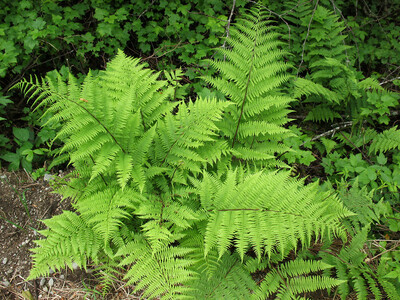 Native Ferns
Native Ferns
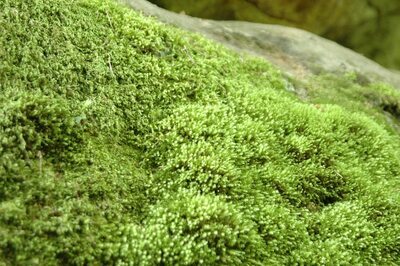 Native Mosses
Native Mosses
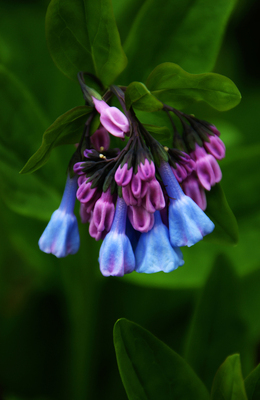 Native Perennials
Native Perennials
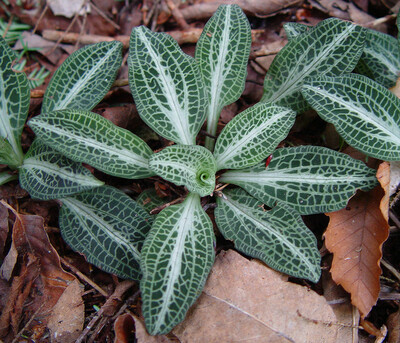 Native Ground Covers
Native Ground Covers
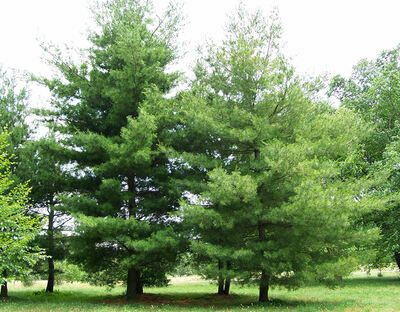 Native Trees
Native Trees
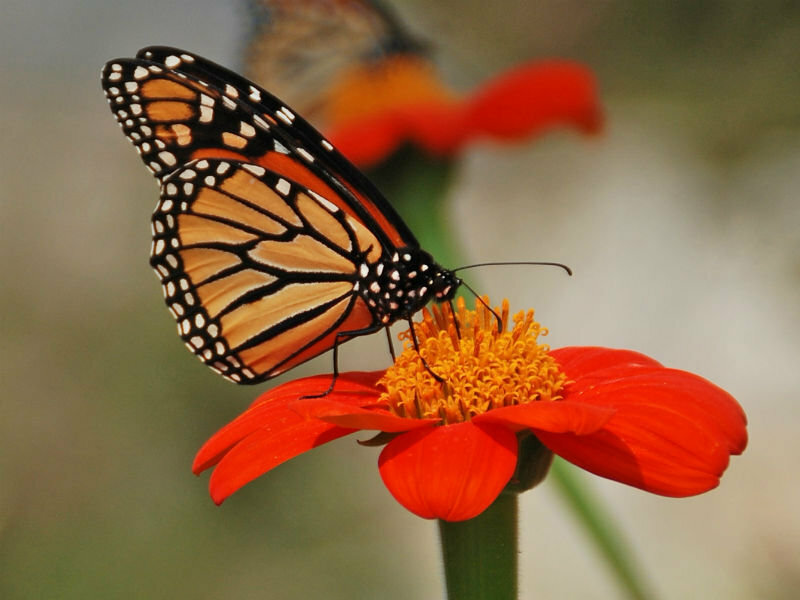 Pollinators
Pollinators
 Shop Bloom Color
Shop Bloom Color
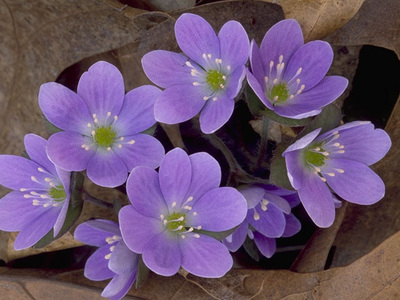 Perennials By Zone
Perennials By Zone
 Medicinal Herb Plants
Medicinal Herb Plants
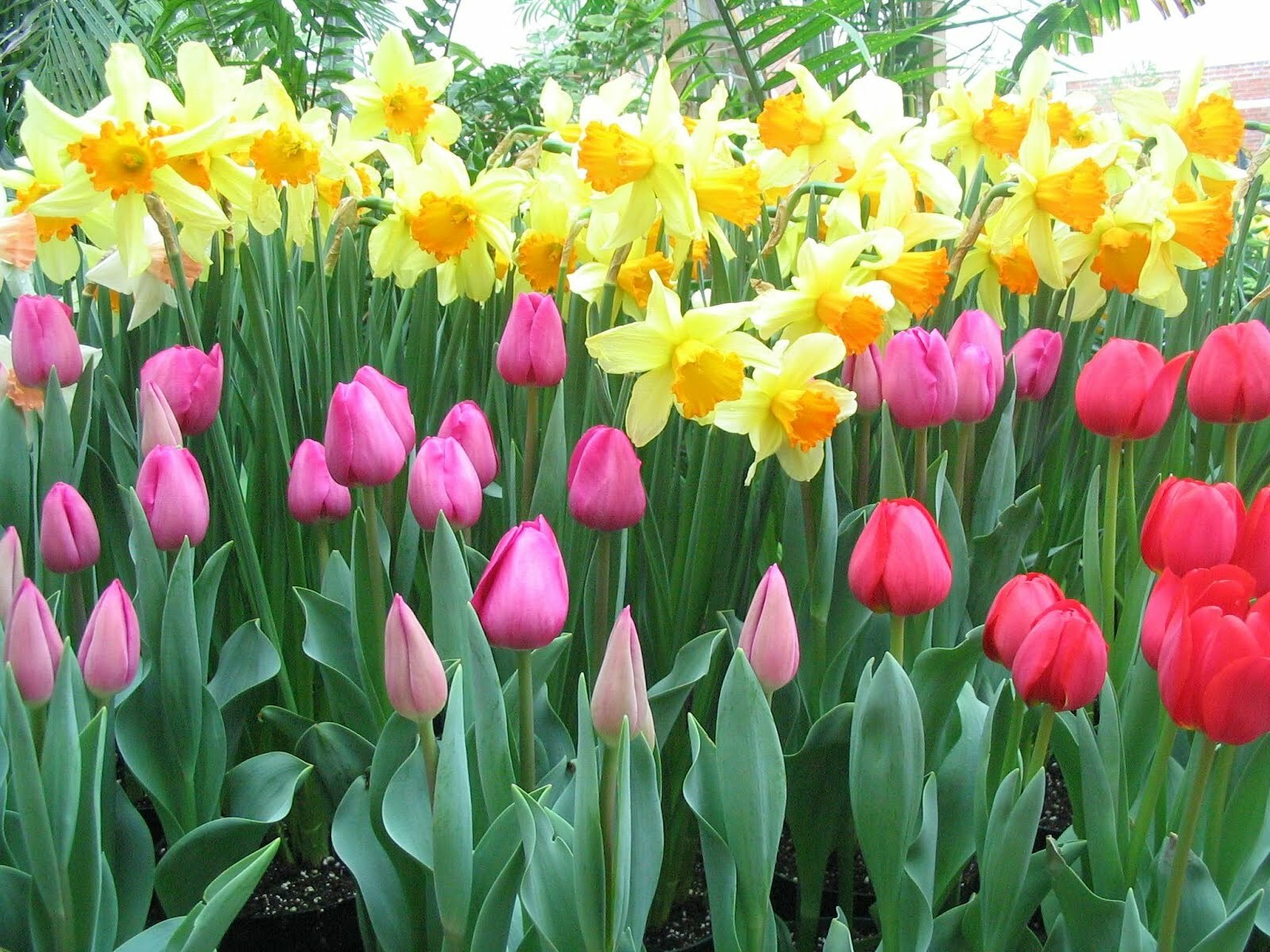 Spring Bulbs
Spring Bulbs
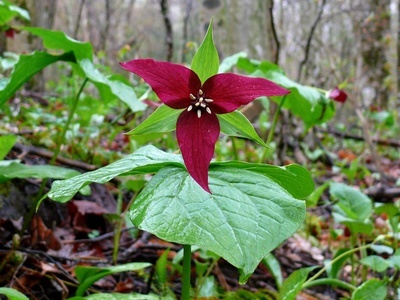 Trillium
Trillium
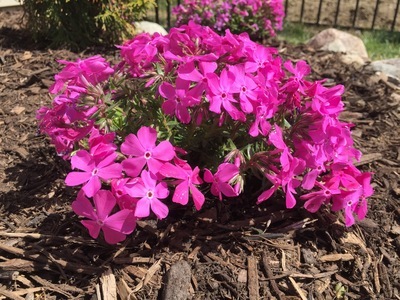 Shop By Zone
Shop By Zone
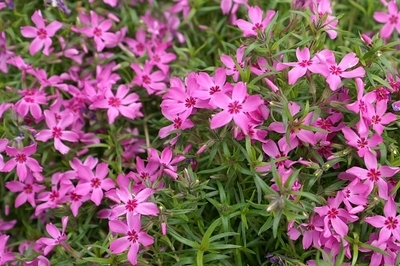 Flowering Groundcovers
Flowering Groundcovers
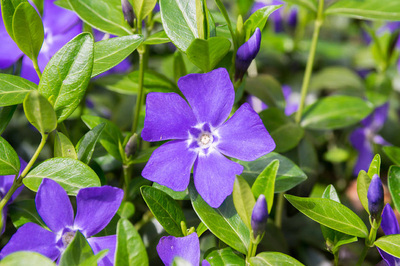 Evergreen Groundcovers
Evergreen Groundcovers
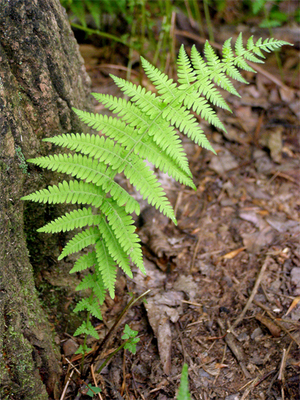 Ferns for Zone 3
Ferns for Zone 3
 Ferns for Zone 4
Ferns for Zone 4
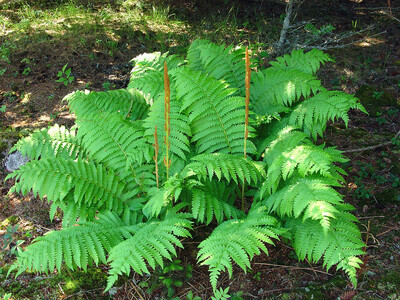 Ferns for Zone 5
Ferns for Zone 5
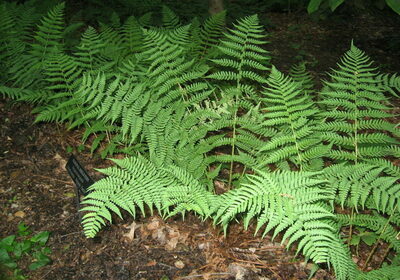 Ferns for Zone 6
Ferns for Zone 6
 Ferns for Zone 7
Ferns for Zone 7
 Ferns for Zone 8
Ferns for Zone 8
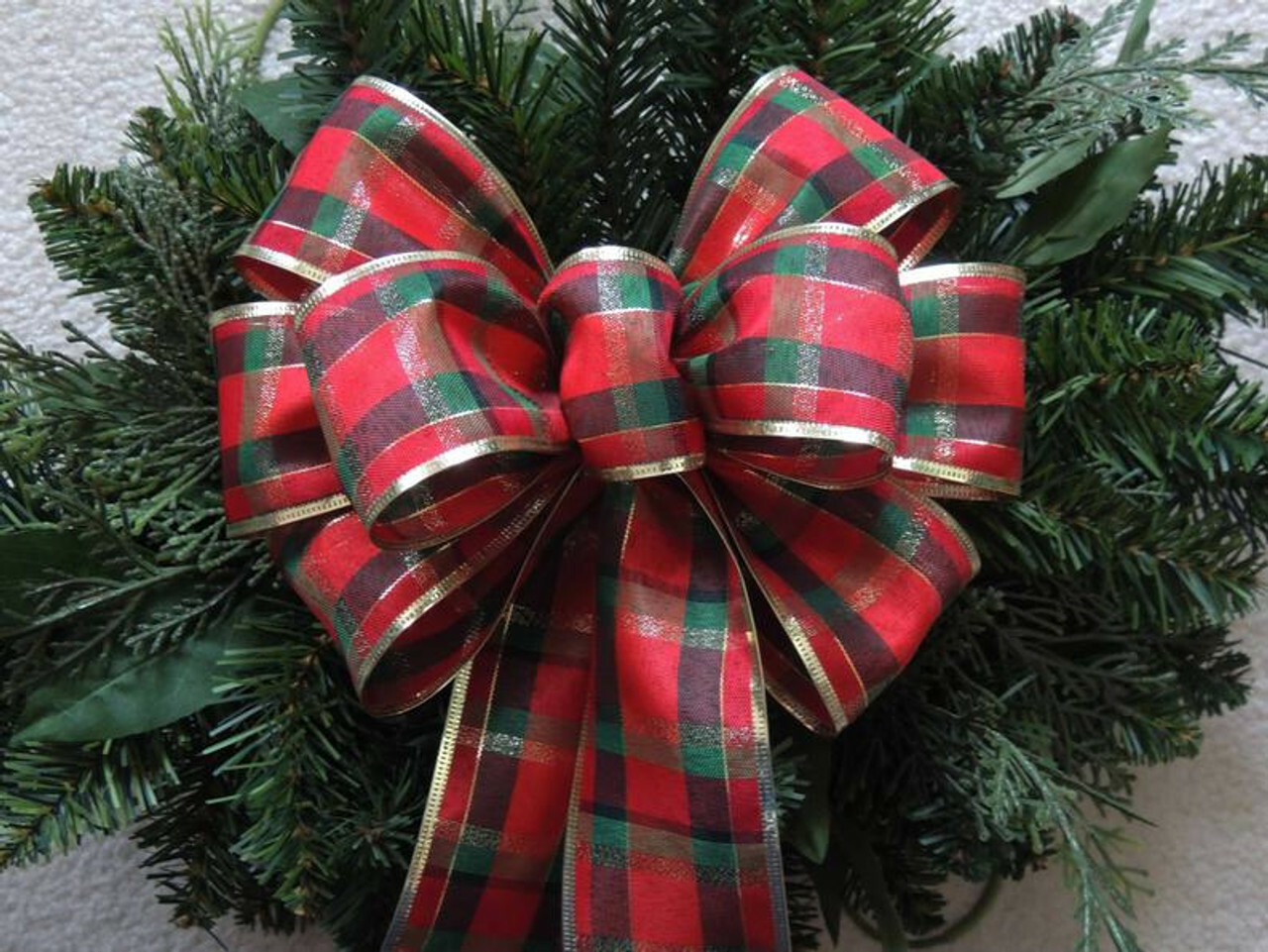 Christmas bows
Christmas bows
 Fresh Wreaths
Fresh Wreaths
 Garlands
Garlands
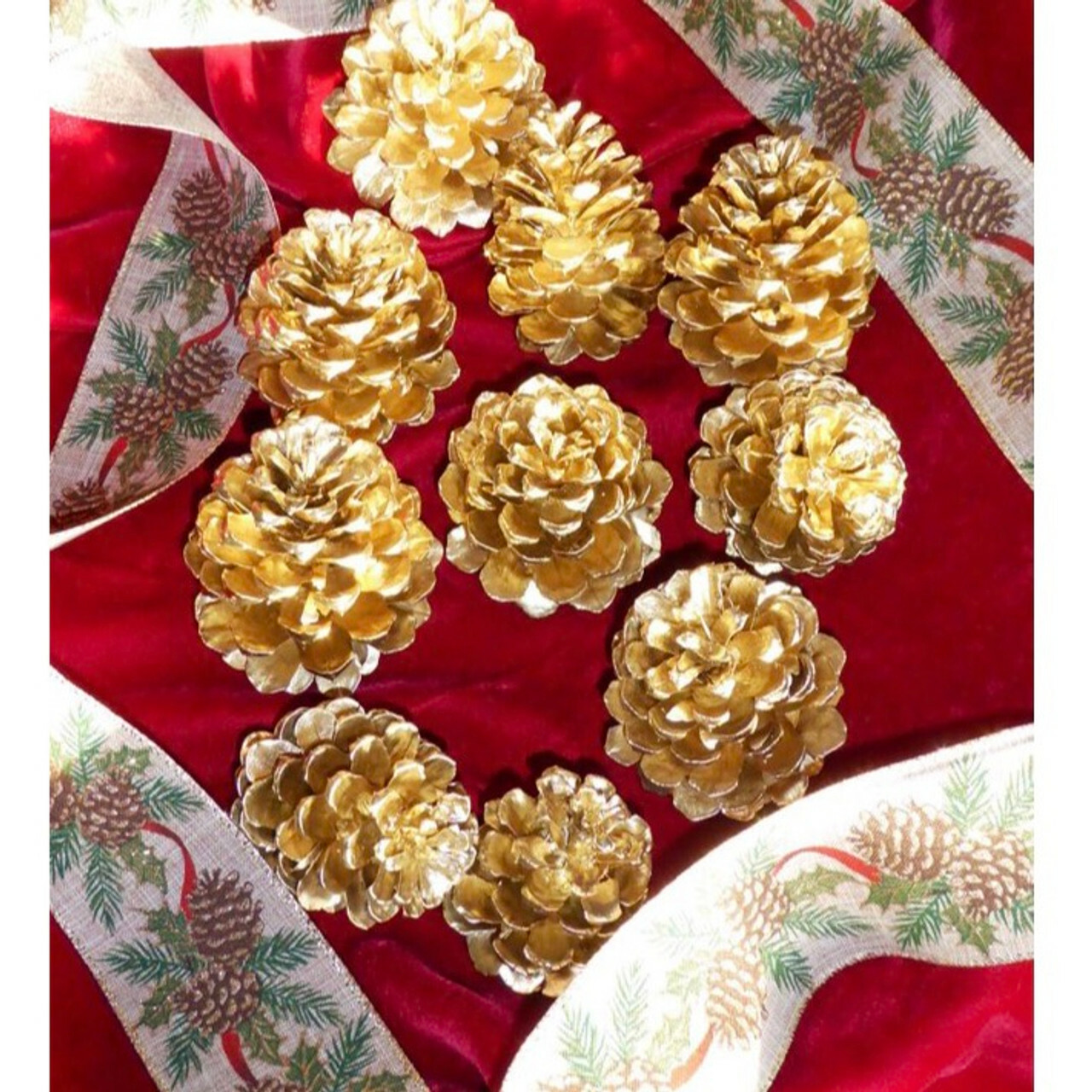 Large Pine Cones
Large Pine Cones
 Live Mistletoe
Live Mistletoe
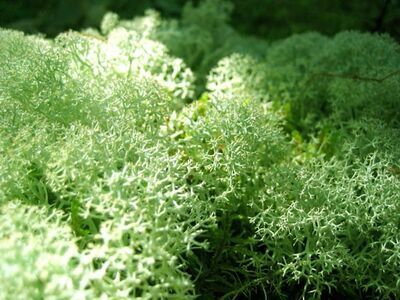 Moss
Moss
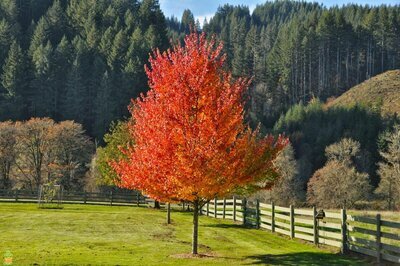 Shop Trees By Zone
Shop Trees By Zone
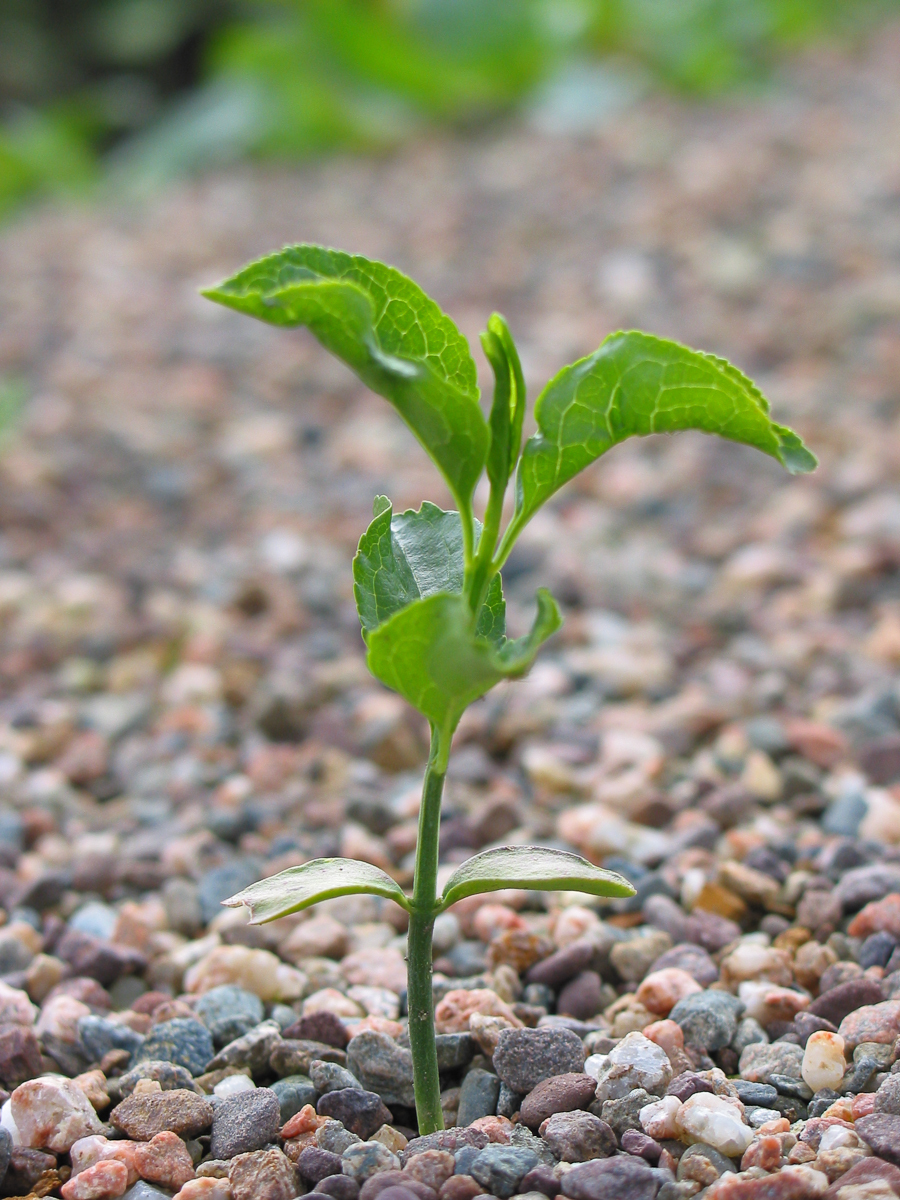 Tree Seedlings
Tree Seedlings
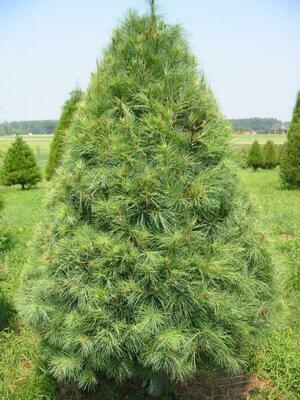 Fast Growing Trees
Fast Growing Trees
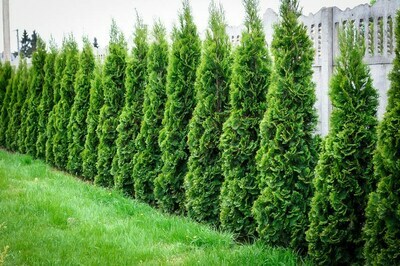 Pine Trees
Pine Trees
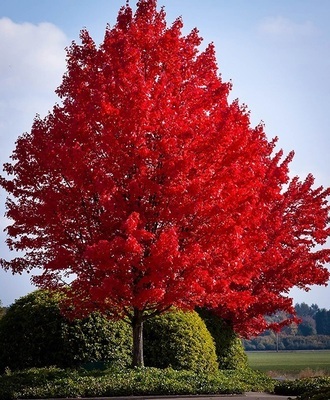 Live Stakes
Live Stakes
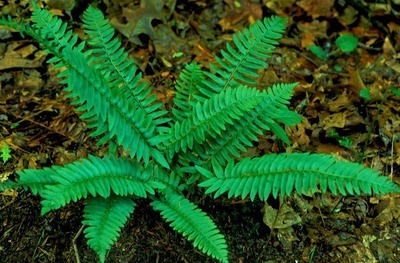 Evergreens
Evergreens
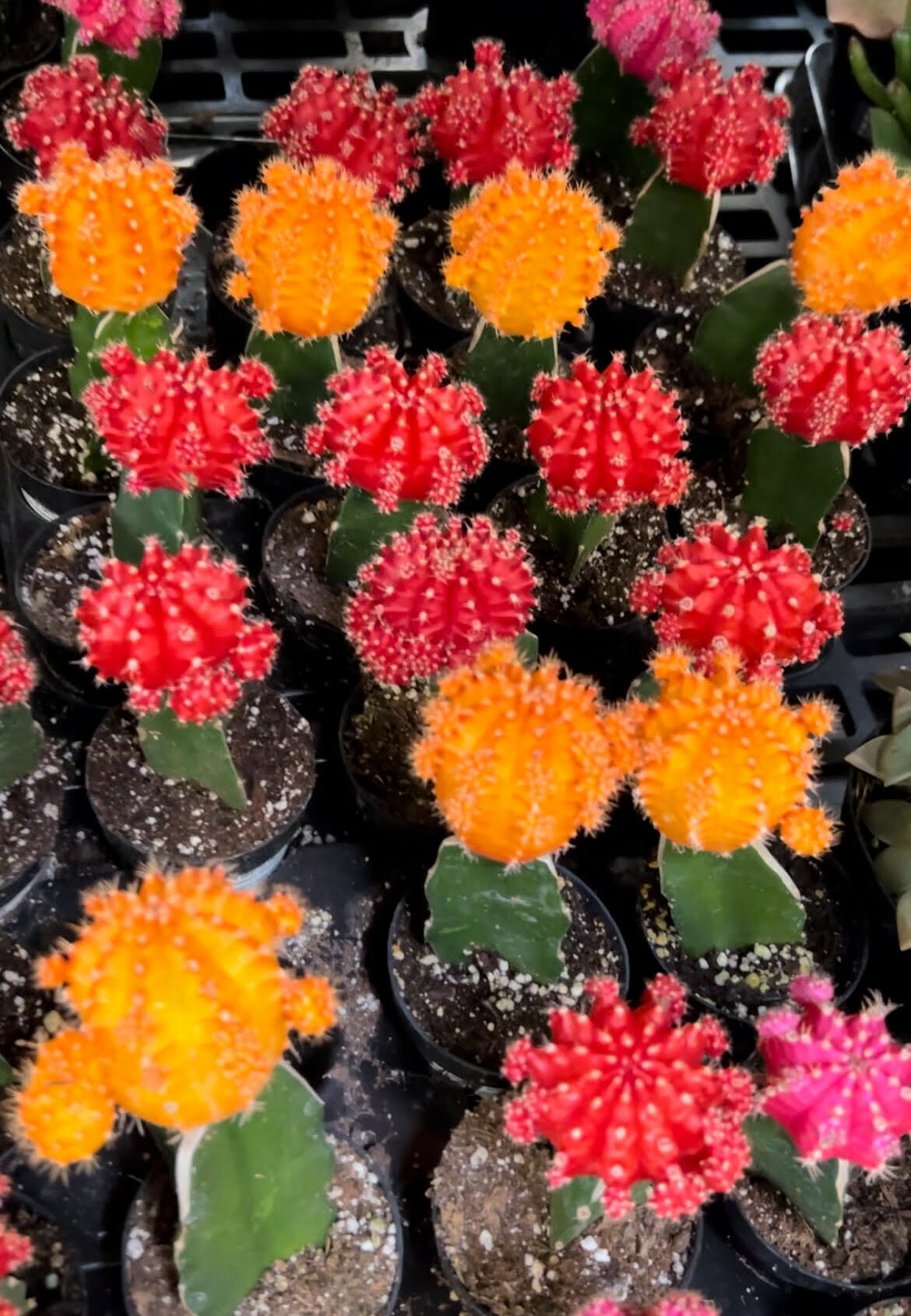 Cactus
Cactus
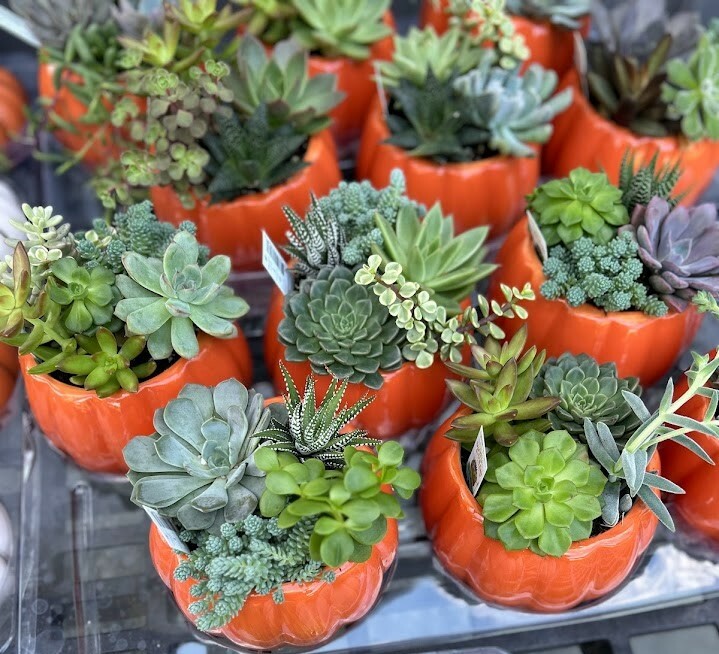 Combos
Combos
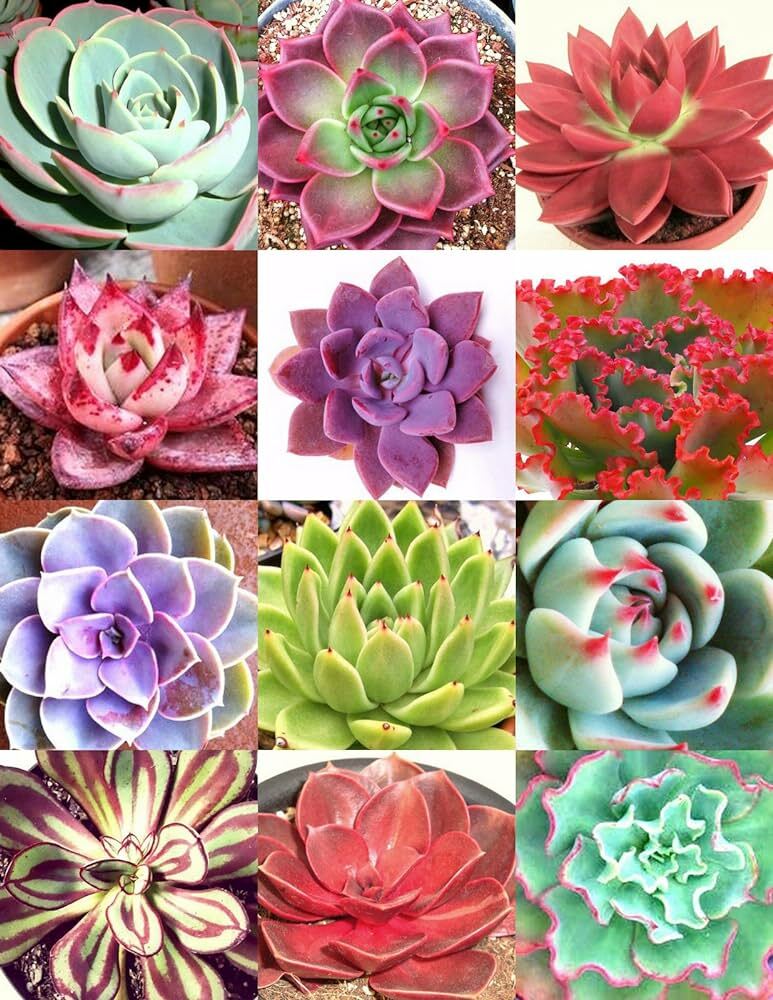 Echeveria
Echeveria
 Haworthia
Haworthia
 Sedum - Stonecrop
Sedum - Stonecrop




